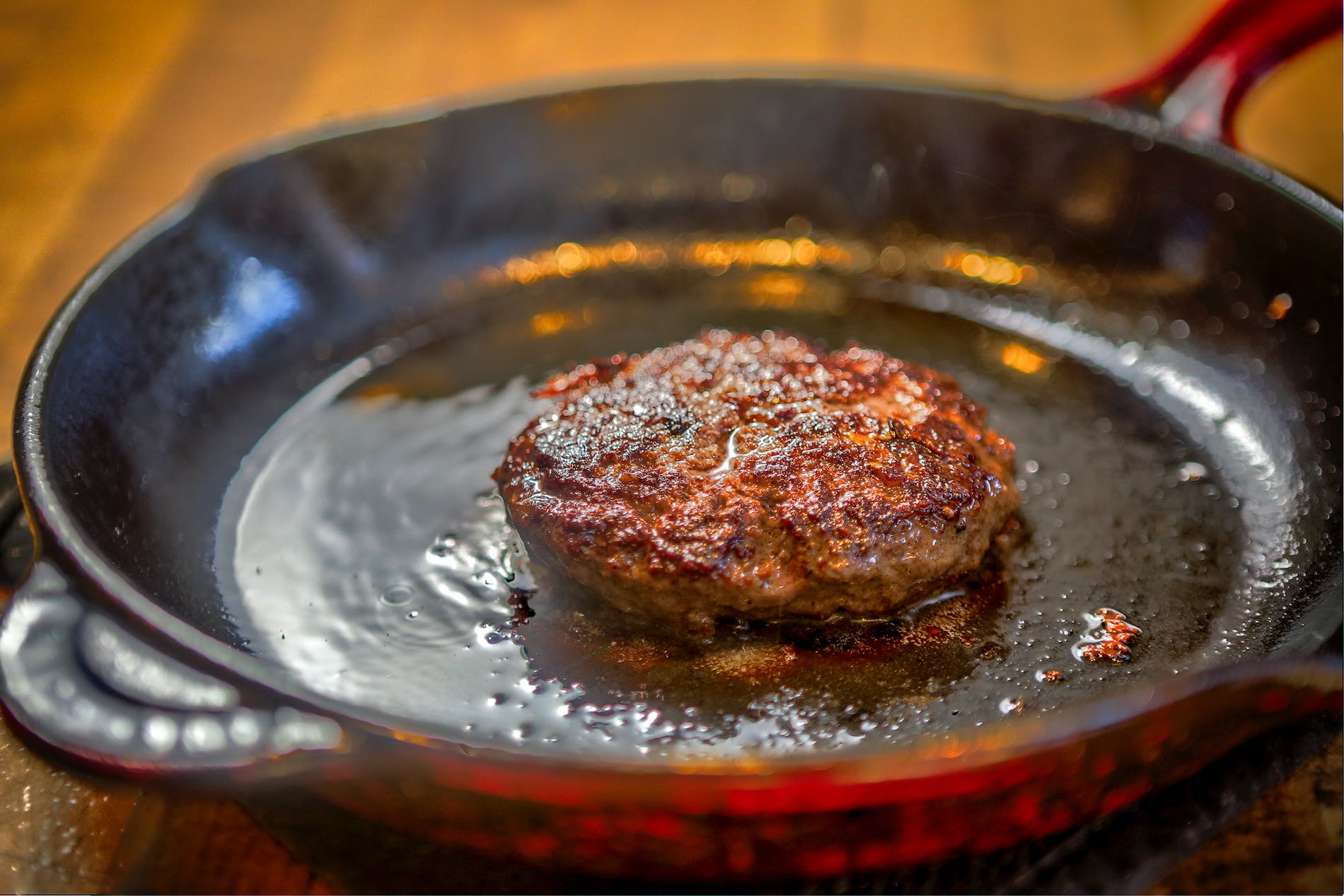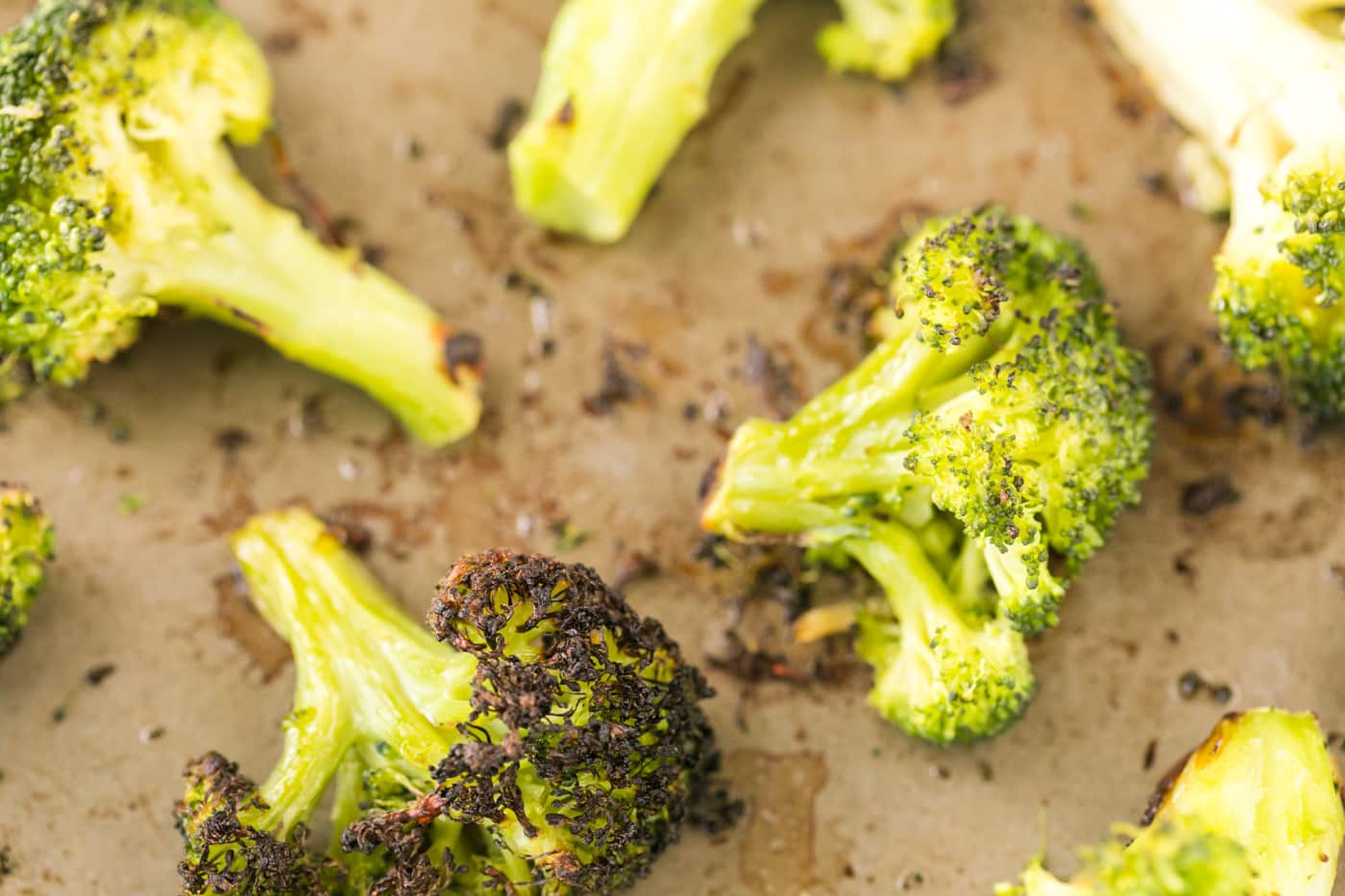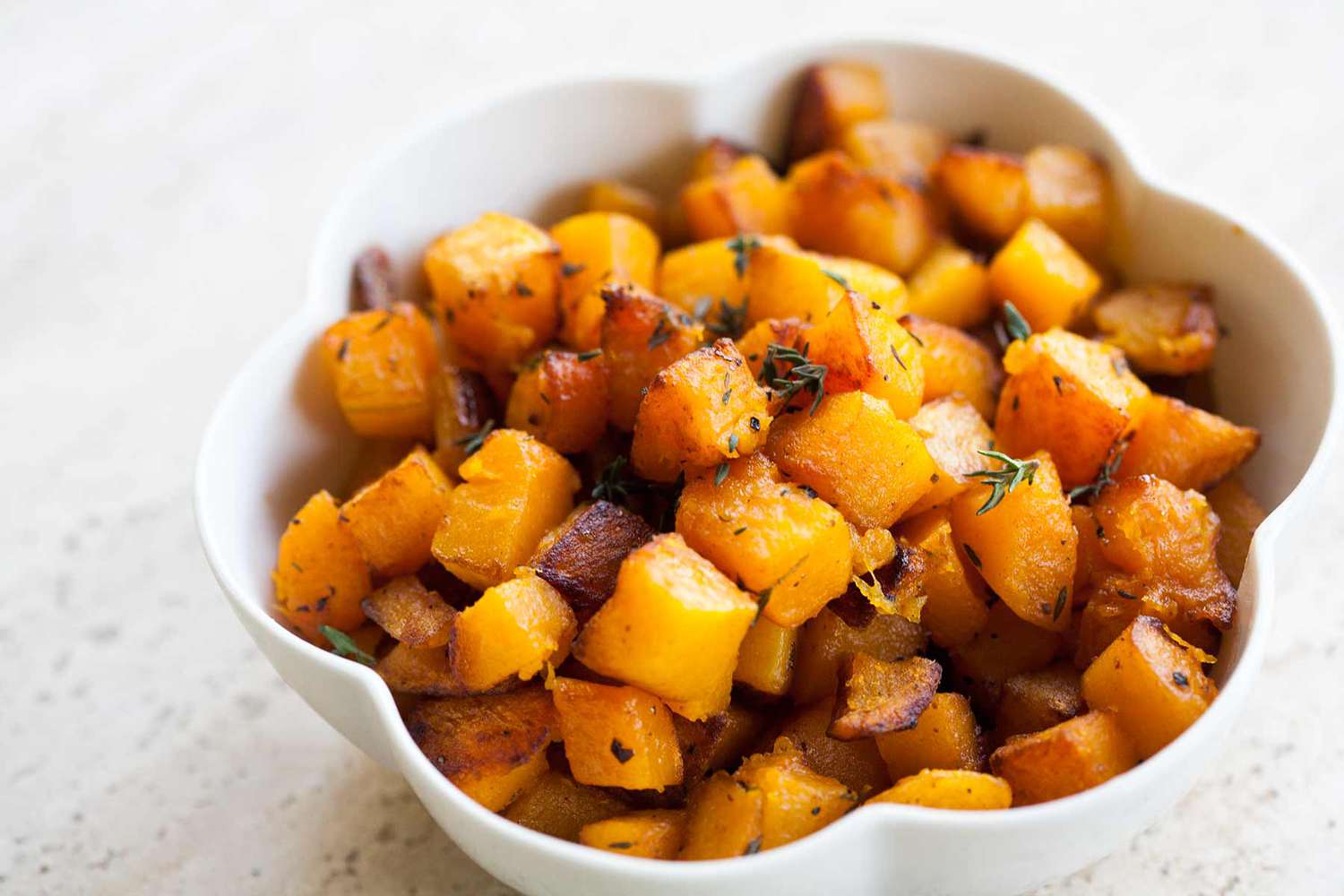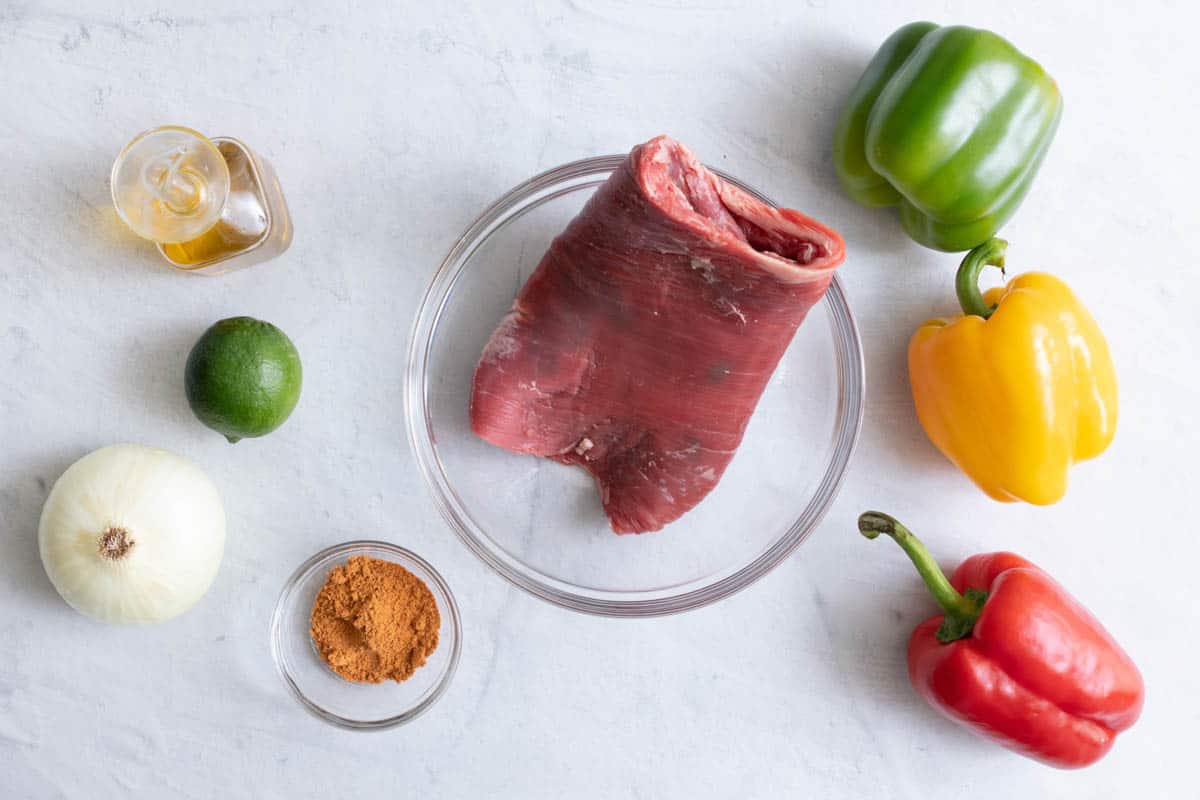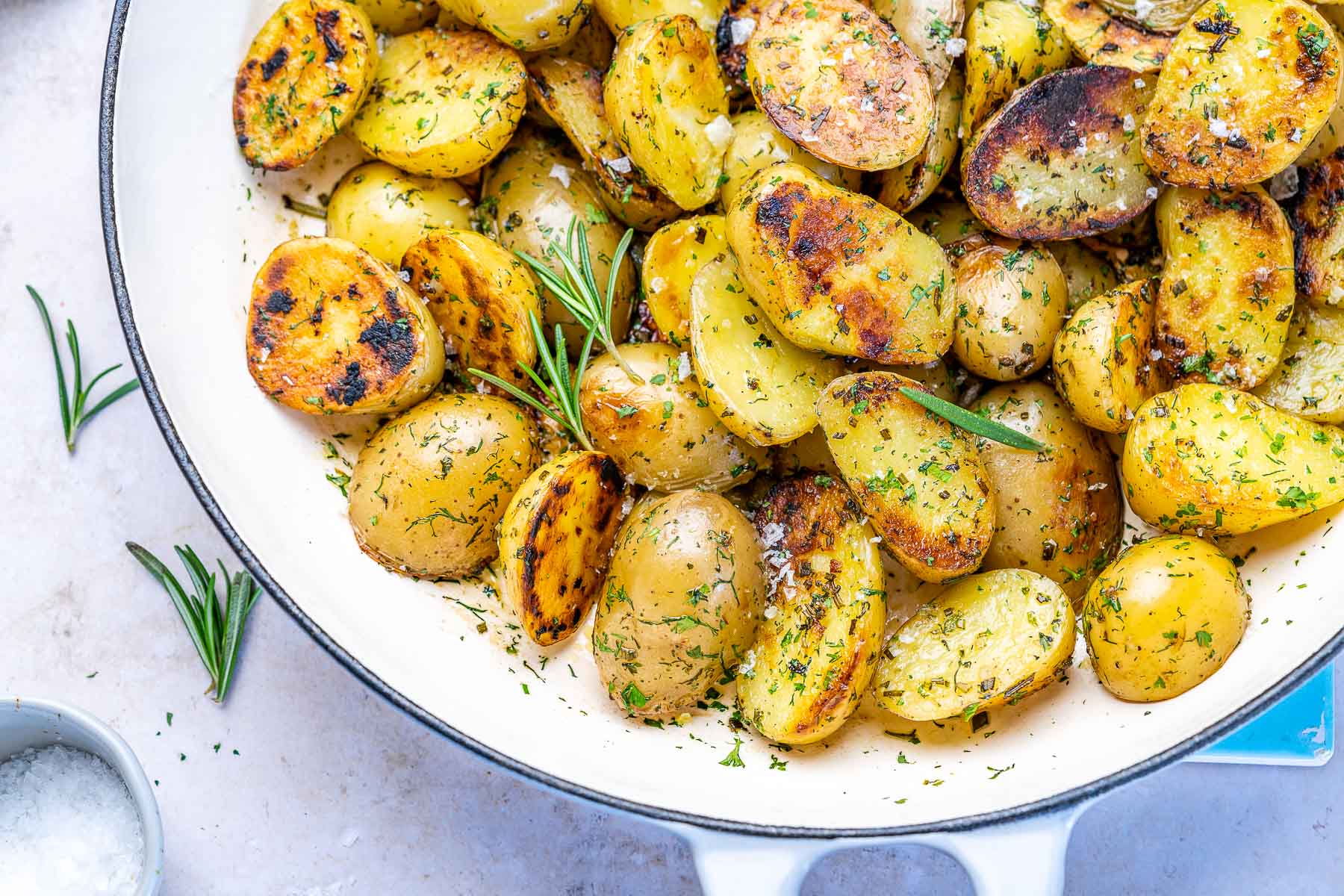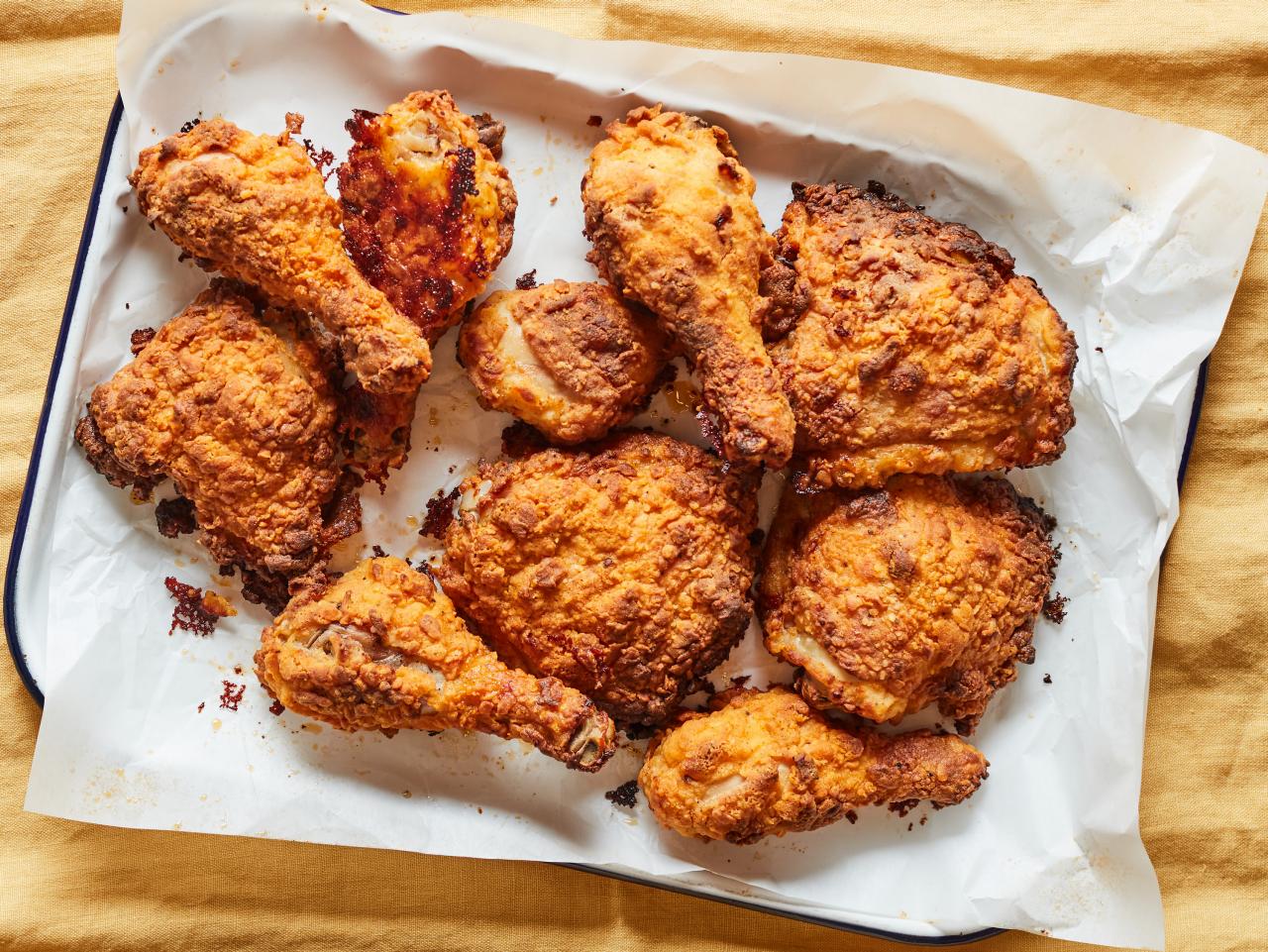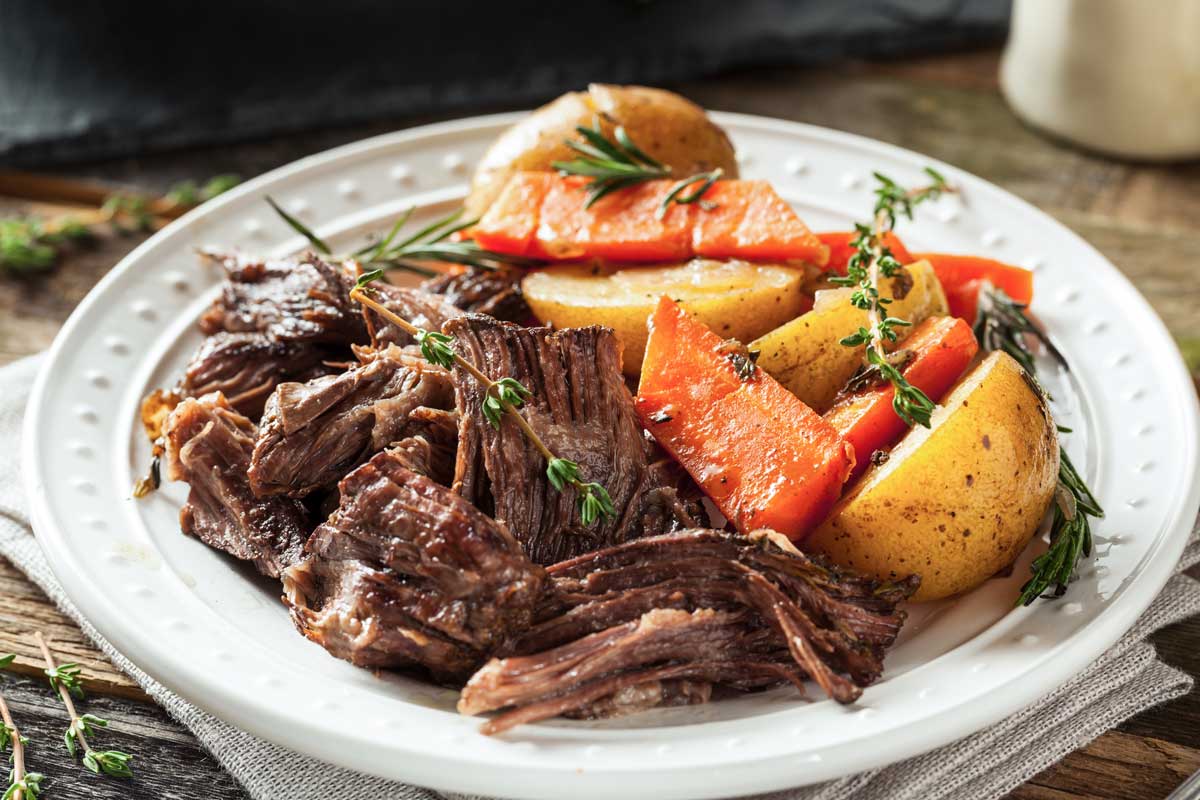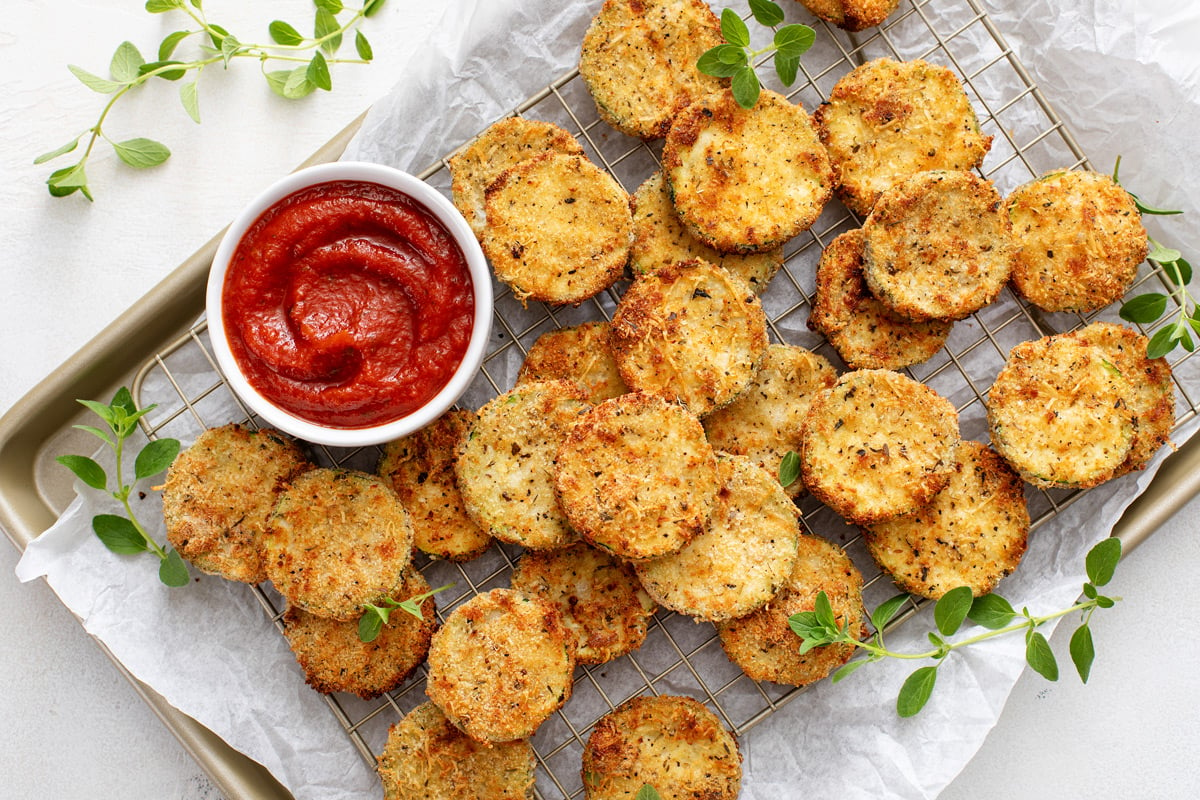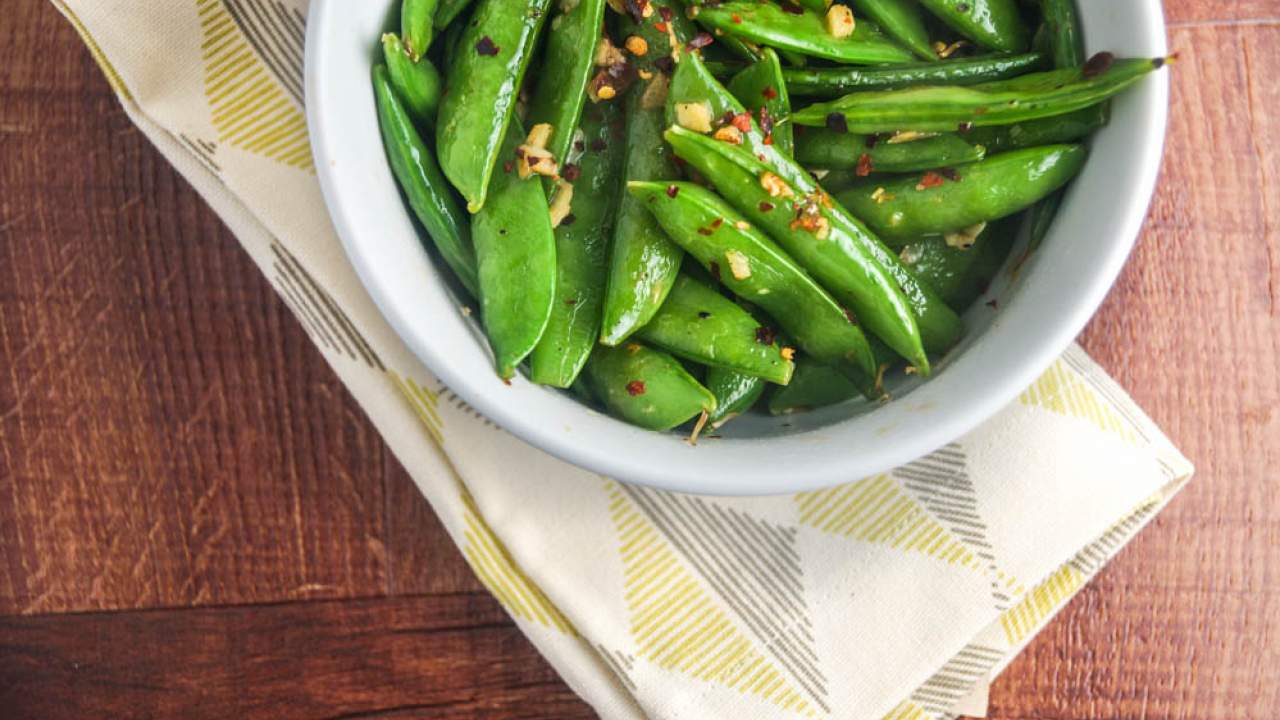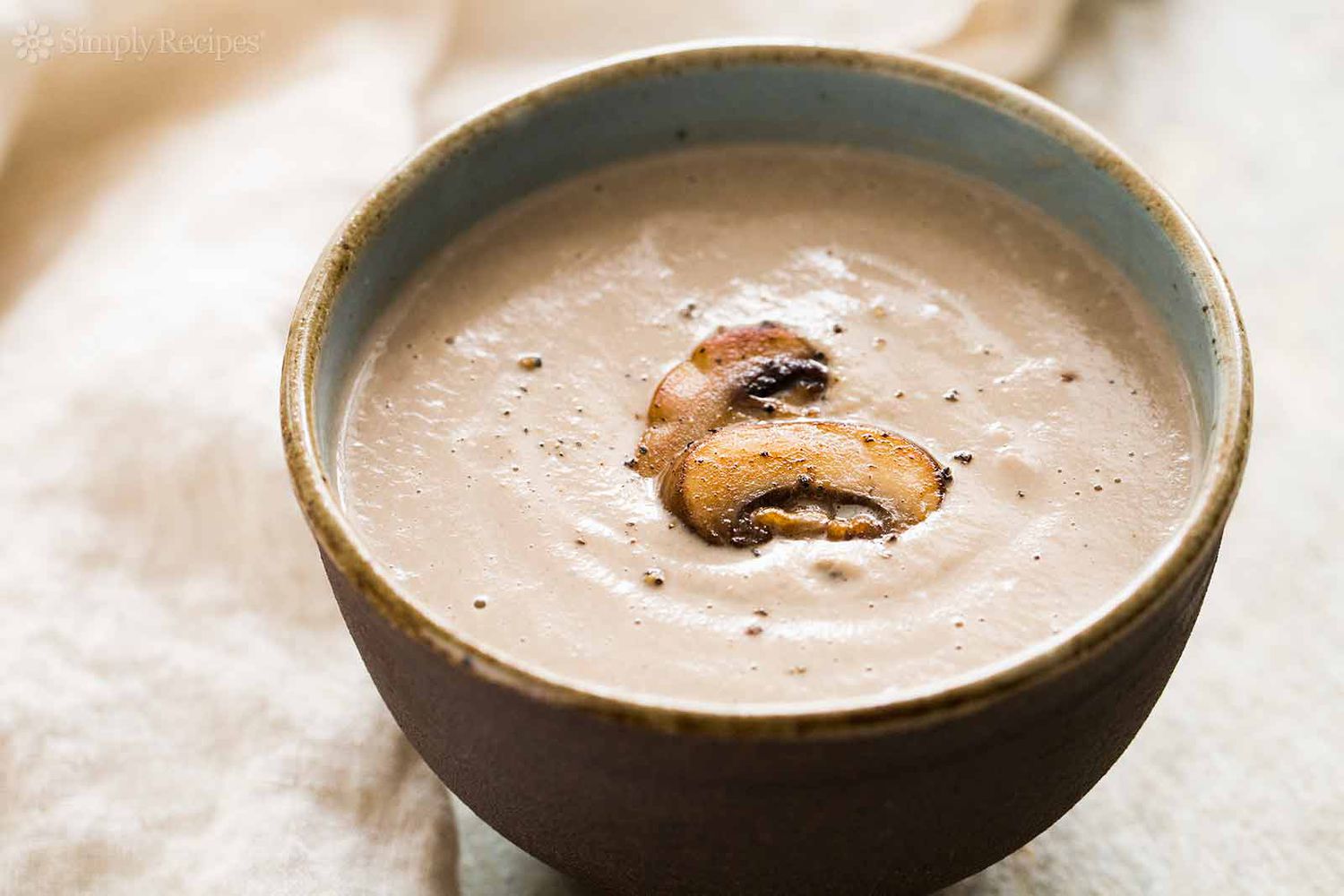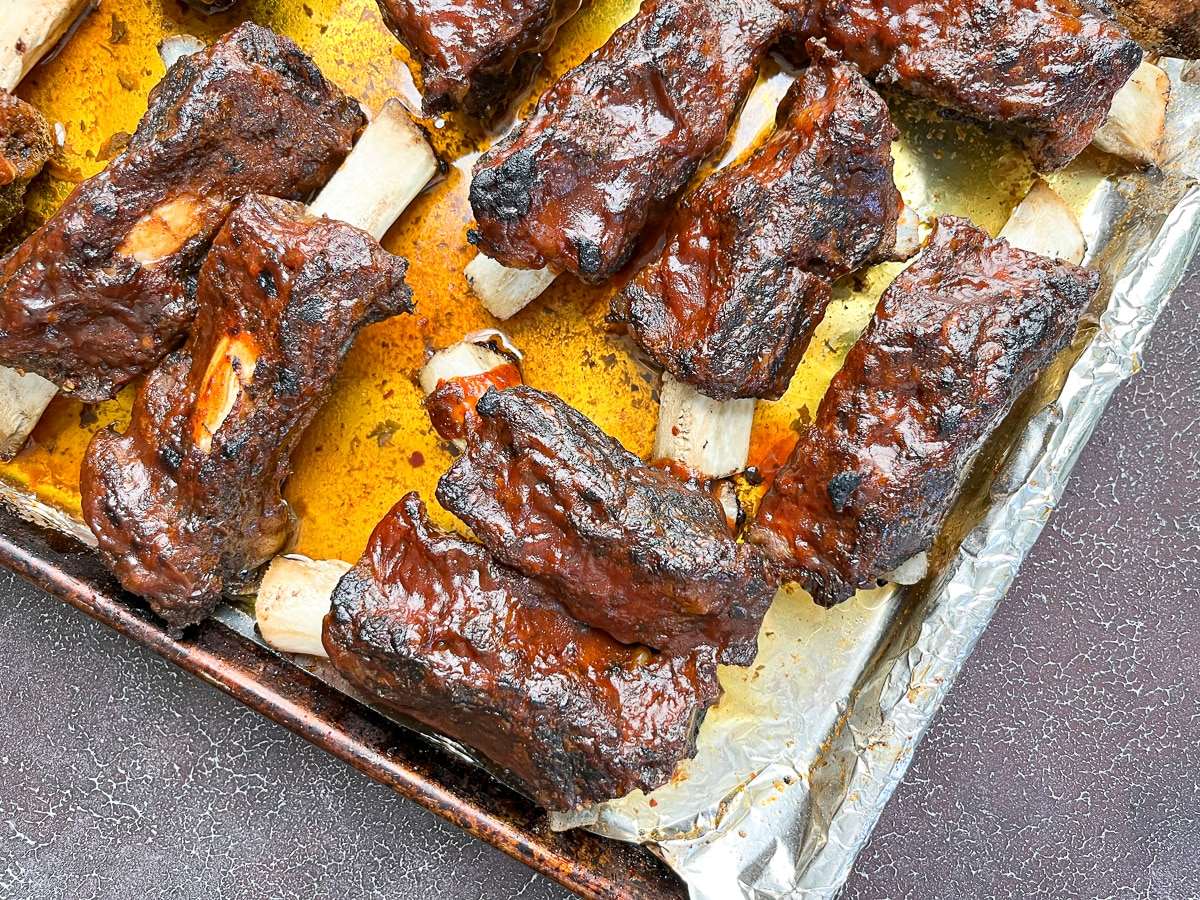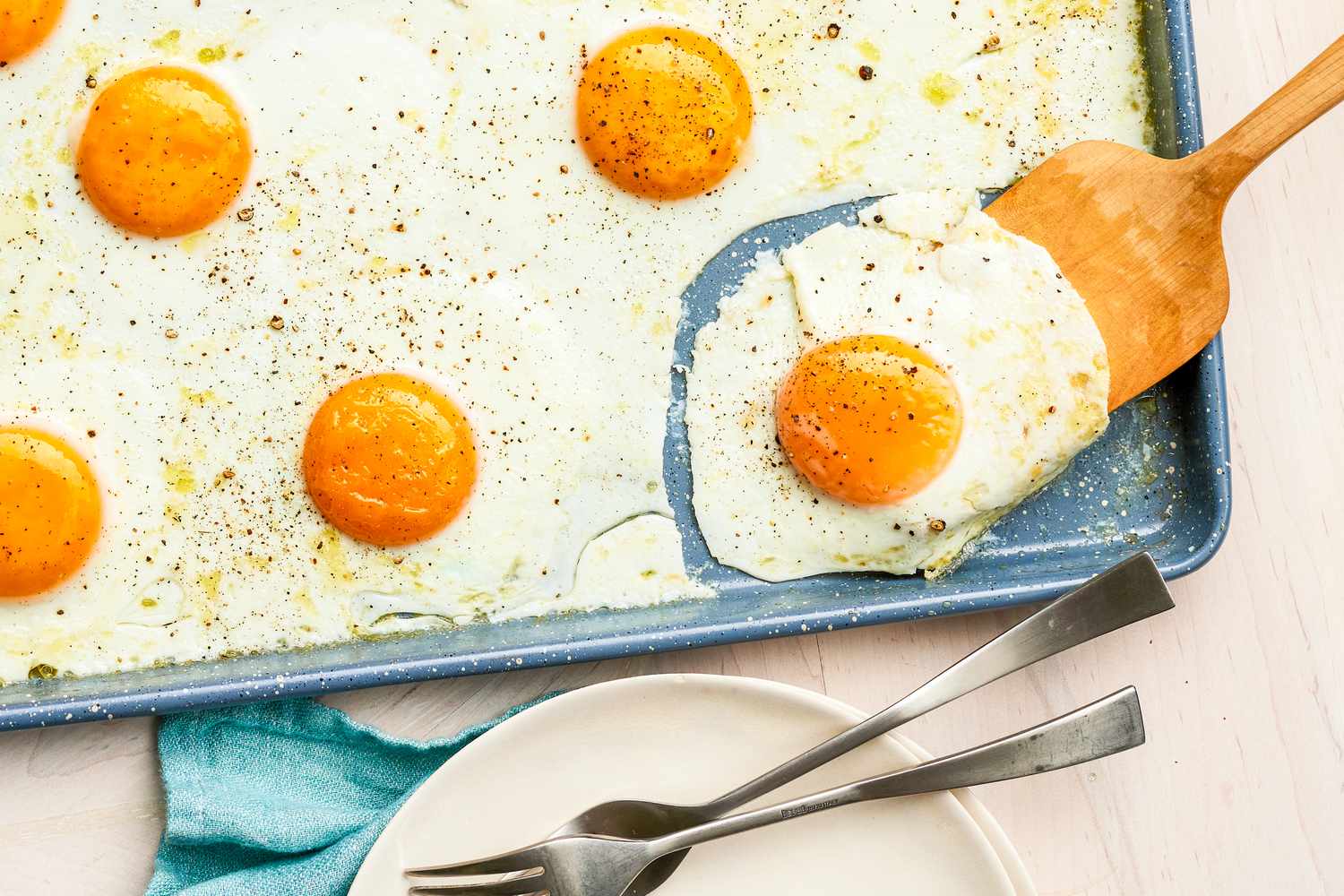Master the Art of Cooking Eggs on a Cast Iron Skillet
When it comes to cooking eggs, using a cast iron skillet can take your breakfast game to a whole new level. The even heat distribution and non-stick surface of a cast iron skillet make it the perfect tool for achieving perfectly cooked eggs every time. Whether you prefer sunny-side up, over easy, or scrambled eggs, here are some tips to help you master the art of cooking eggs on a cast iron skillet:
1. Preparing your Cast Iron Skillet
Before you start cooking, it’s important to properly prepare your cast iron skillet. This will help maintain its seasoning and prevent the eggs from sticking to the surface. Follow these steps:
- Wash your cast iron skillet with warm water and mild soap. Avoid using harsh scrub brushes or abrasive cleaners, as they can damage the seasoning.
- Thoroughly dry the skillet with a clean towel or paper towel.
- Apply a thin layer of vegetable oil or cooking spray to the entire surface of the skillet, including the sides and the handle.
- Place the skillet in the oven and preheat it to 350°F (175°C) for about 15 minutes. This will help the oil or cooking spray bond with the skillet’s surface.
- Remove the skillet from the oven and allow it to cool before starting the cooking process.
2. Choose the Right Cooking Oil
The choice of cooking oil can greatly impact the flavor and texture of your eggs. Opt for oils with a high smoke point, such as avocado oil, canola oil, or grapeseed oil. These oils can withstand high heat without breaking down and help prevent your eggs from sticking to the skillet.
3. Control the Heat
When cooking eggs on a cast iron skillet, it’s essential to control the heat to avoid burning or overcooking them. Here’s how:
- Preheat your cast iron skillet on medium-low heat for a few minutes before adding the oil.
- Add a small amount of oil to the skillet and swirl it around to coat the bottom.
- Let the oil heat up for about a minute, then crack the eggs into the skillet.
- Cook the eggs on low to medium heat to ensure even cooking and precise control over the level of doneness.
4. Experiment with Seasonings and Add-Ins
One of the best things about cooking eggs on a cast iron skillet is the versatility it offers. Spice up your eggs by experimenting with different seasonings and add-ins:
- Sprinkle some sea salt, freshly ground black pepper, or your favorite herbs on top of your eggs for added flavor.
- Add vegetables like spinach, mushrooms, or bell peppers for a nutritious twist.
- For a protein-packed meal, stir in some diced ham, cooked bacon, or shredded cheese.
5. Enjoy the Fruits of Your Labor
Once your eggs are cooked to perfection, it’s time to savor the delicious results. Serve them alongside toast, bacon, or your favorite breakfast sides, and enjoy the fruits of your labor.
Remember, mastering the art of cooking eggs on a cast iron skillet takes practice. Don’t be discouraged if your first attempts are not as successful as you’d like. With time and experience, you’ll become a pro at creating mouthwatering eggs that will impress your family and friends!
Was this page helpful?
Read Next: How To Cook Collard Greens Fast?
